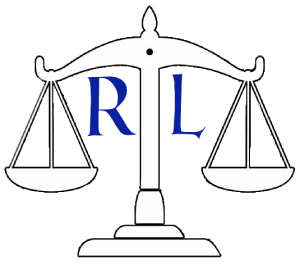Often community groups are upset at planning applications which will change their area, such as commercial development in a residential zone. There is understandably an expectation that the existing zoning is sacrosanct and no departure should be allowed. It doesn’t quite work that way.
The Courts have held that zoning should be construed broadly as best achieves the planning objectives. Just because there is a conflict, that does not rule out a particular proposal. So any developer can make an application, but has to show some need or special circumstances. It is no answer to show that alternative sites for the proposed development are available; the Courts consider only the suitability of the subject site.
If a Council has approved a development which upsets the community, the only recourse is an appeal to the Court. Courts deal in evidence and legal argument, not emotion. There is no room for well-intended amateurs hoping that the Court will be sympathetic because they are not commercially motivated. Remember that the iconic Australian movie, The Castle, is fiction!
Therefore anyone seeking to appeal a Council decision needs to marshal evidence to have any hope of success. Usually that is expert evidence from town planners, traffic engineers etc. It is an expensive business, but you get only one shot at it. The best case has to be presented. It is a new hearing, so the Court doesn’t consider how the Council arrived at its decision.
Another matter to be aware of is what happens if you lose? The Court can order you to pay the legal costs of the other side. Usually, if the appeal was well-founded (even though unsuccessful) the Court will order that each party pays its own costs. However, that is up to the Judge in each instance.
So appealing a Council decision is not for the faint-hearted. Considerable time and money must be committed.


Leave a Reply